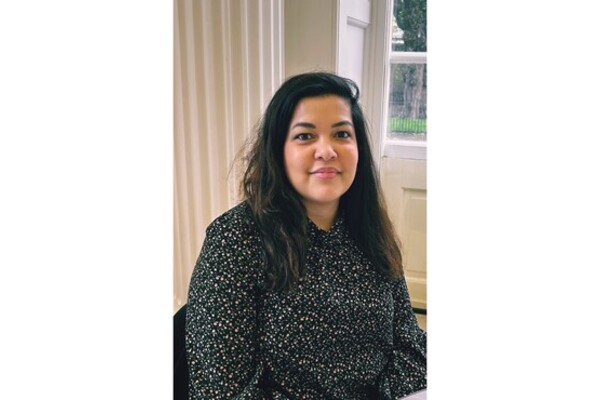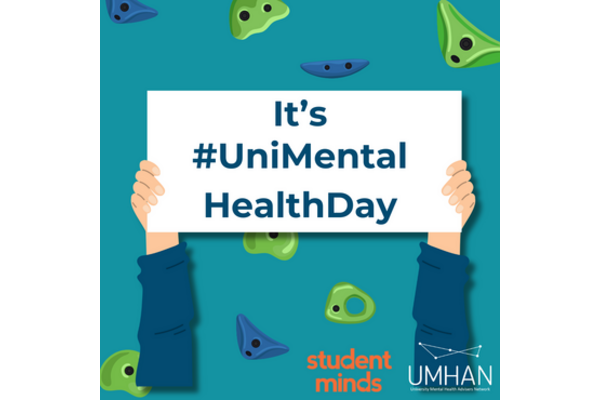Following feedback from members, UMHAN is asking for clear communication and advice to be sent to students around permission to move about the country if there is a mental health/disability related need to do so. We're happy to be working with colleagues from the Office for Students, Universities UK and the Association for Managers of Student Services in HE (AMOSSHE) to improve messaging on this topic.
Why is this needed?
The Office for Students has said that in exceptional circumstances, students can return to campus. For students with mental health conditions, this will include situations where:
Students have challenging home circumstances (this might include care leavers or students experiencing domestic abuse). A student's mental health may be exacerbated by conditions at home, for example, if family members are unsupportive or unaware of various factors including gender identity or future career goals.
Private space is needed to access mental health support, provided either by the university or statutory services.
Quiet space is required for study.
Specific clinical or community support is geographically located near university.
A student needs additional transition time to readjust to the return to campus.
Our member feedback has shown that some students who have clear mental health needs to return to either university or privately owned accommodation are anxious about doing so, due to a lack of clarity.
What should be included
Messaging should take place using a variety of formats, and be promoted via social media. Each university should provide links for any processes involved to return to campus early. As per any process promoting wellbeing, this should be truly accessible, unambiguous, and avoiding any unnecessary steps. For example, this should not require any additional production of medical evidence or onerous form filling.
Who should be included
All students should receive this information, but we believe disabled students and those with mental health conditions in particular would benefit from targeted messaging. Not only will many have specific support needs themselves, but we know that many disabled students also have underlying mental health difficulties, which may or may not be officially recorded as such. For example, in terms of current UCAS disability coding some students who have both a mental health condition and are autistic may be under the “You have two or more impairments and/or disabling medical conditions” code. Disability Services staff can provide more advice about this.









